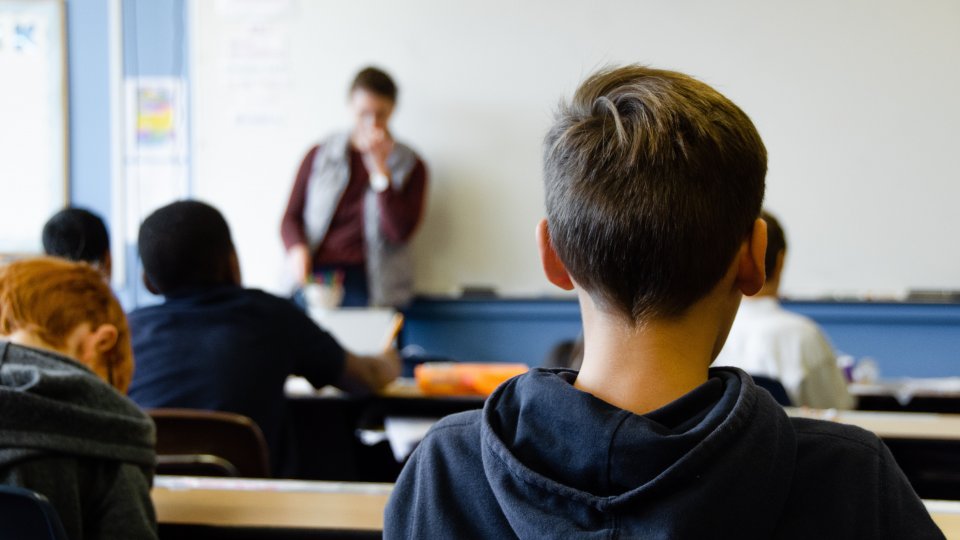Teachers and school staff are facing “burnout”, with bullying issues and online harassment from pupils having a “hugely detrimental” effect on professionals’ mental health.
Ahead of the release of the annual report for its helpline in November, The UK Safer Internet Centre (UK SIC) is raising awareness that members of the “children’s workforce” need support to help them deal with the psychological effects of online harms like cyber bullying or harassment.
The Professionals Online Safety Helpline (POSH) is a national helpline designed to assist members of the children’s workforce (including teachers, other school staff, early years practitioners, police, foster and adoption carers, youth club leaders, volunteers, sports coaches, and medical practitioners) with any online safety and safeguarding issue.
The helpline, launched in 2011, is operated by SWGfL and co-funded by the European Commission. It offers independent and confidential advice on a number of issues including cyberbullying, gaming, grooming, sexting, inappropriate online behaviour, digital privacy and reputation management.
The annual report reveals that over the last year, the helpline has dealt with 844 unique cases, totalling 1895 contacts with clients. The majority of clients contacting the helpline were teachers (67%).
The report raises concerns for the mental health of professionals, with warnings they may be at risk of “burnout” if they do not have the proper support as offered by the helpline.
According to the report, almost half of the cases relate to issues directly affecting professionals (47% of cases), largely concerning incidents of bullying and harassment perpetrated by students or reputational issues arising as a result of allegations, reviews or complaints made online.
David Wright, Director of the UK SIC and SWGfL, said:
One of the most notable findings of this report was the hugely detrimental impact that both of these issues had on professionals’ mental health.
Much thought has been rightly given to children during this difficult period, but we should not forget the incredibly important role of those struggling to support children at this time with very difficult and trying issues that is clearly impacting on their mental health.
The findings of this report have significant implications in that they indicate the need to intervene upon abuse and stresses experienced by teaching professionals at the earliest stage possible.
These professionals are at the forefront and, every day, are doing their best to protect children and keep children safe. But they need supporting too.
Some of the issues they come up against are incredibly complex and, without proper support, I fear for the mental wellbeing of these vital professionals.
Now, more than ever, we are reliant, as a society, on the internet. It has been an absolute lifeline during the coronavirus lockdown, and will continue to be as the world adapts to an uncertain future.
We need to make sure our professionals working with young people know there is help out there, and that they can reach out and get the support they need before it is too late.
The Professionals Online Safety Helpline is free to use and is available for all UK professionals working with children.






